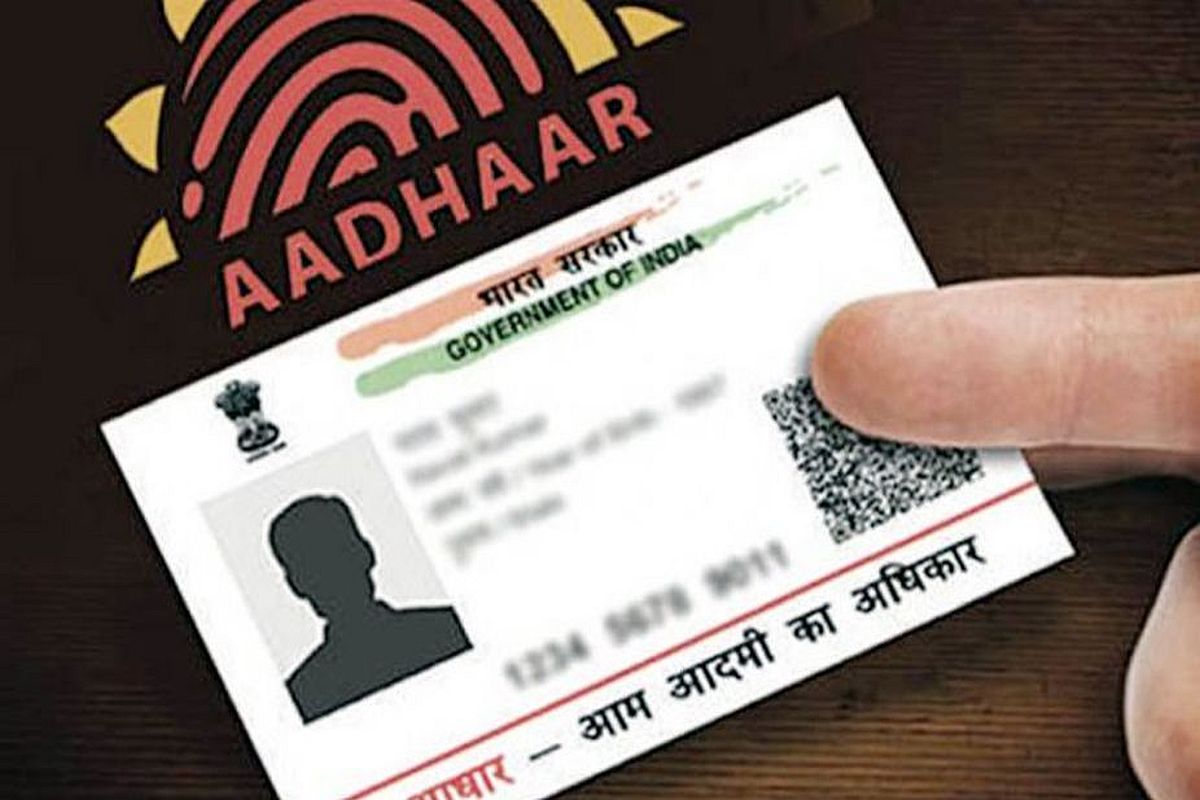Several MoUs signed during Singapore president visit to Odisha
The South East Asian country inked MoUs for collaboration in semiconductor, petrochemical, and other sectors.
It is pertinent to note here that the department of social security and empowerment of persons with disabilities has decided to disburse National Social Assistance Programme (NSAP) and Madhu Babu Pension Yojana (MBPY) pension to Aadhaar verified pensioners only.

Representational Image (File Photo: Twitter)
With the Odisha government deciding to make ‘aadhaar’ verification mandatory for social security scheme pensioners, an estimated 11 lakh marginalized people will be denied access to pension at a time when they are battling against pandemic-induced food insecurity.
It is pertinent to note here that the department of social security and empowerment of persons with disabilities has decided to disburse National Social Assistance Programme (NSAP) and Madhu Babu Pension Yojana (MBPY) pension to Aadhaar verified pensioners only. The pensioners lacking Aadhaar linkage will be denied the pension in the current month.
Advertisement
“At a time when hunger and food insecurity is on steady rise due to COVID-19 pandemic, such a move would leave more than 11 lakh marginalized people, without their primary source of income. The meager sum pension ranging from Rs 500 to 700 per month is the sole fiscal resource for these marginalized people living on the fringe”, right to food campaigner, Sameet Panda said.
Advertisement
Only 74% people are Aadhaar verified pensioners while 11 lakh beneficiaries could lose the social security doles because of a lack of “Aadhaar verification”. Both the pension schemes are social safety nets covering some of the most vulnerable citizens living in poverty. They include the elderly, persons with disabilities, widows, and transgender persons.
Close to 49 lakh beneficiaries are being covered under the two schemes. Odisha’s pension schemes have incidentally been acknowledged by many for wider coverage of deserving people and people-friendly mode of payment through both offline and digitized payment. The marginalized people will also be deprived of “one time” payment of Rs. 1000 pandemic allowance because of the mandatory Aadhaar linkage order.
It may be recalled here that Odisha had originally opposed the centre’s order of Aadhaar linkage with pensioner’s account in 2017 on the grounds that it would cause hardship to the beneficiaries. However, the State government has now backtracked to implement the Aadhaar linking policy despite its adverse repercussions on the people struggling for survival.
Mandatory linkages with Aadhaar have caused mass exclusions, both at the point of disbursal of welfare entitlements (because of biometric or technical failures) and during the process of seeding and verification. The Aadhaar seeding and verification processes are also shrouded in opacity. The Aadhaar- enabled Payments System (AePS) comes with its own share of failures, due to poor design, missing safeguards, and a confusing array of failure codes, according to campaigners.
Making Aadhaar a barrier to welfare entitlements, particularly during a pandemic, is a callous move which can have fatal implications, as it had resulted in the starvation death of 46-yearold Dukhi Jani, a tribal widow in Nayagarh district who had been struck off the pension and food ration lists, due to none seeding of Aadhaar with her ration card.
Advertisement